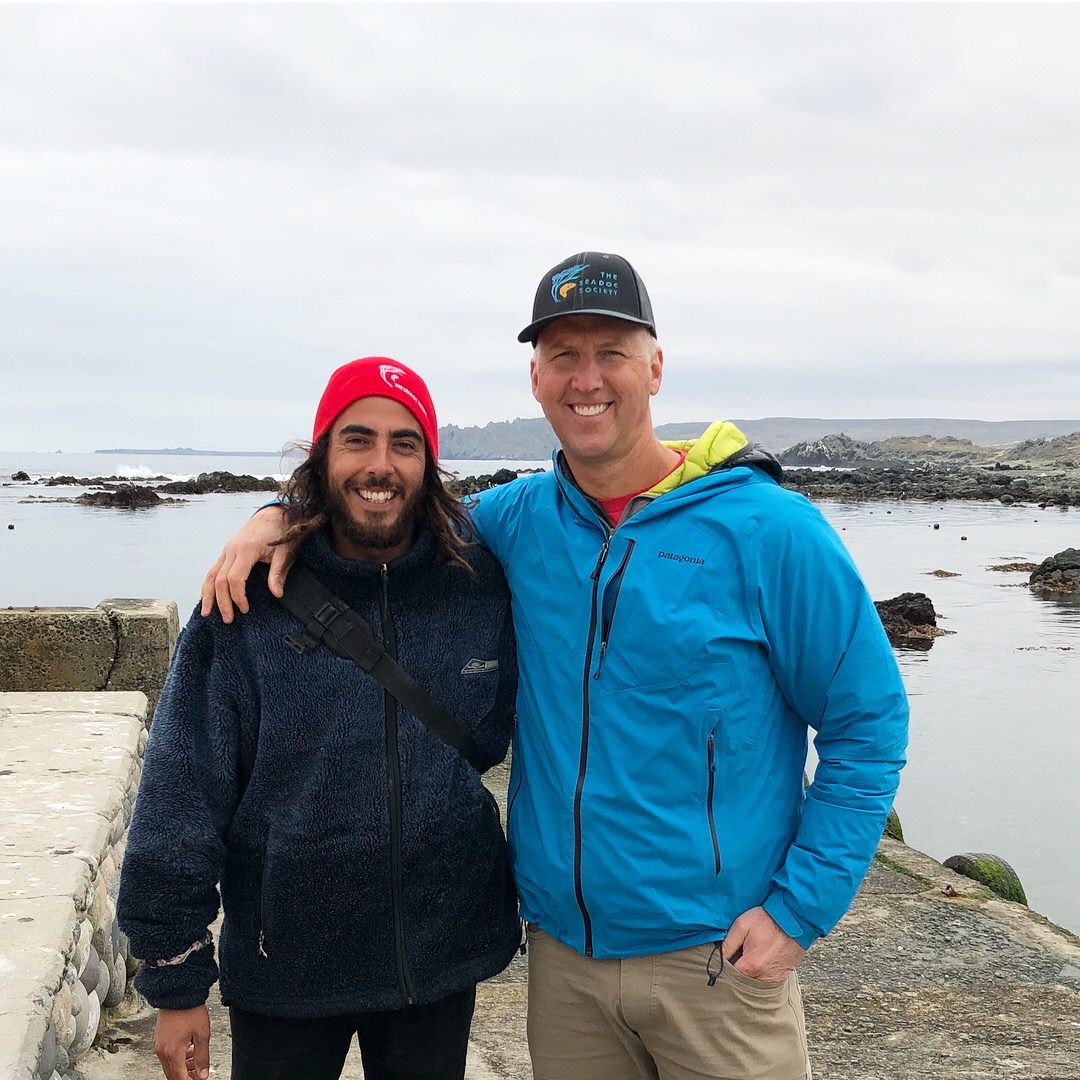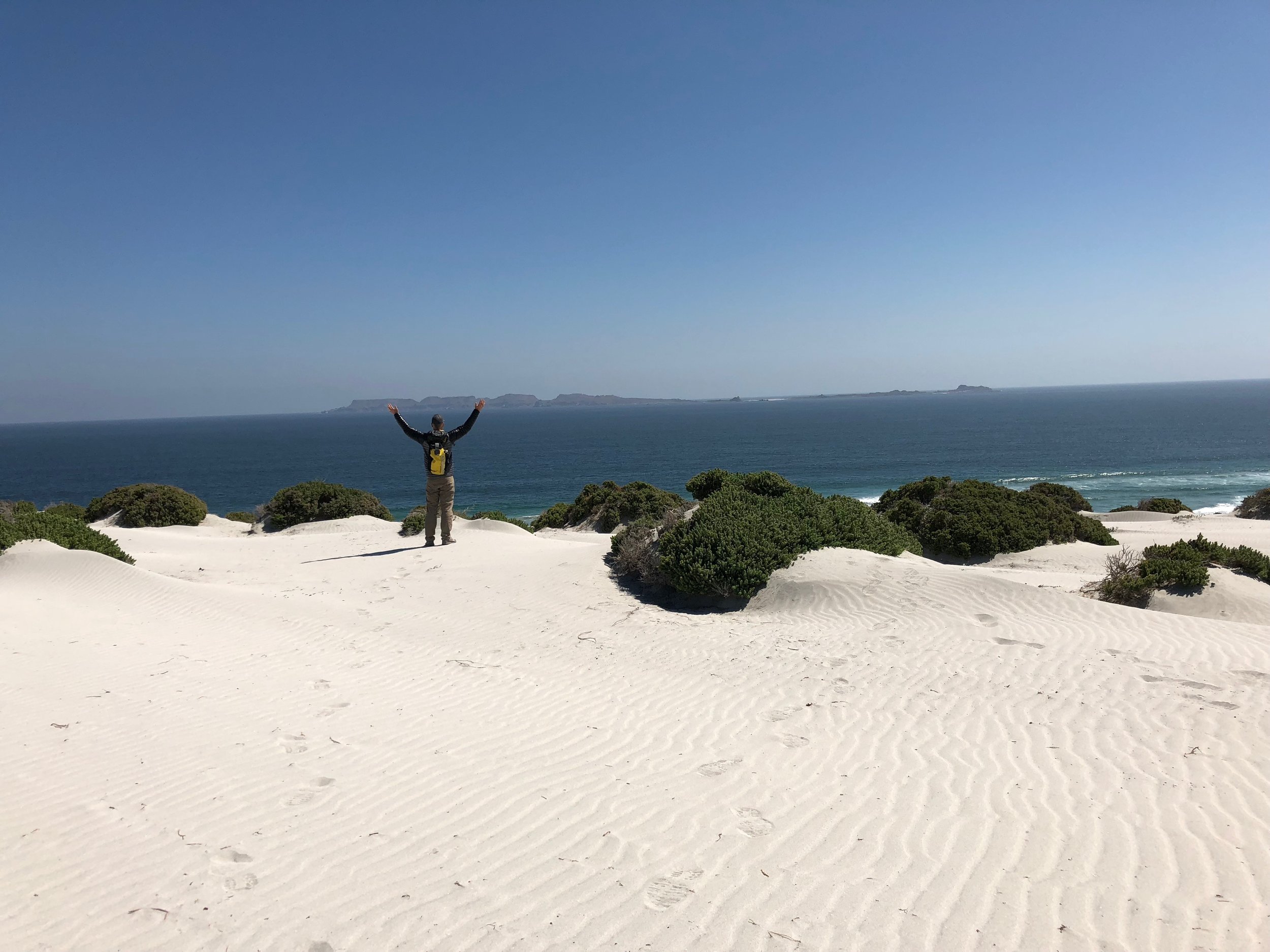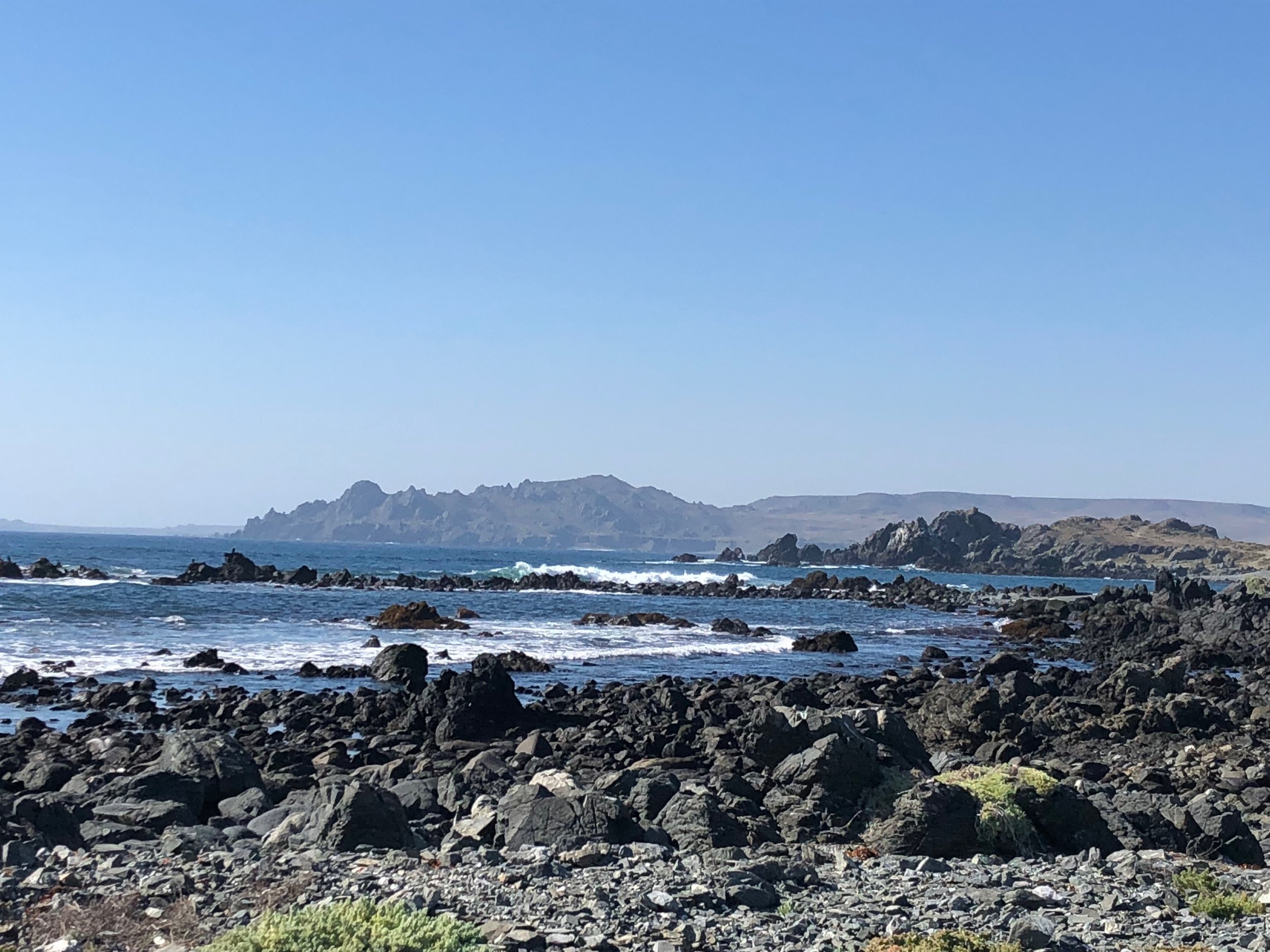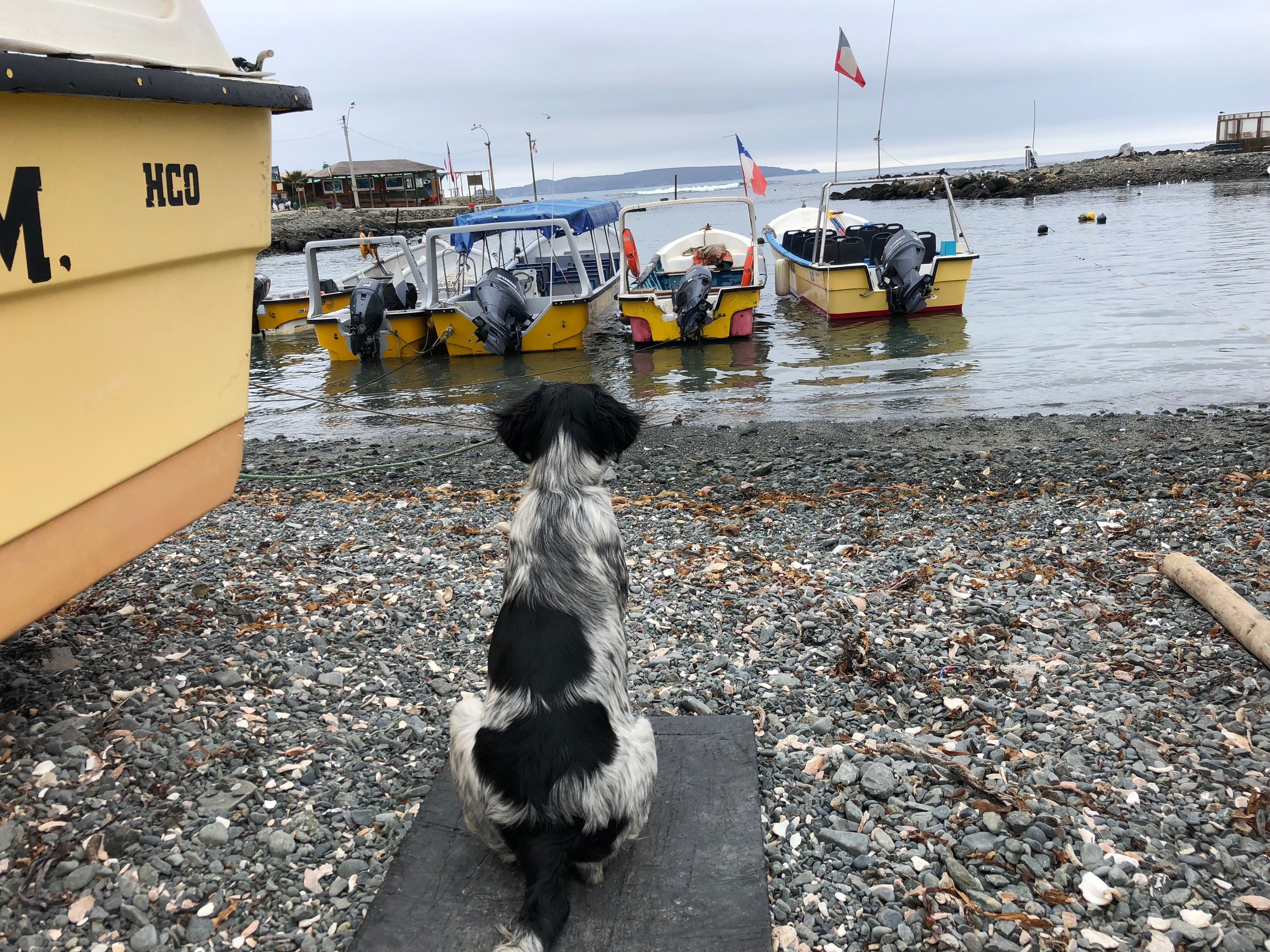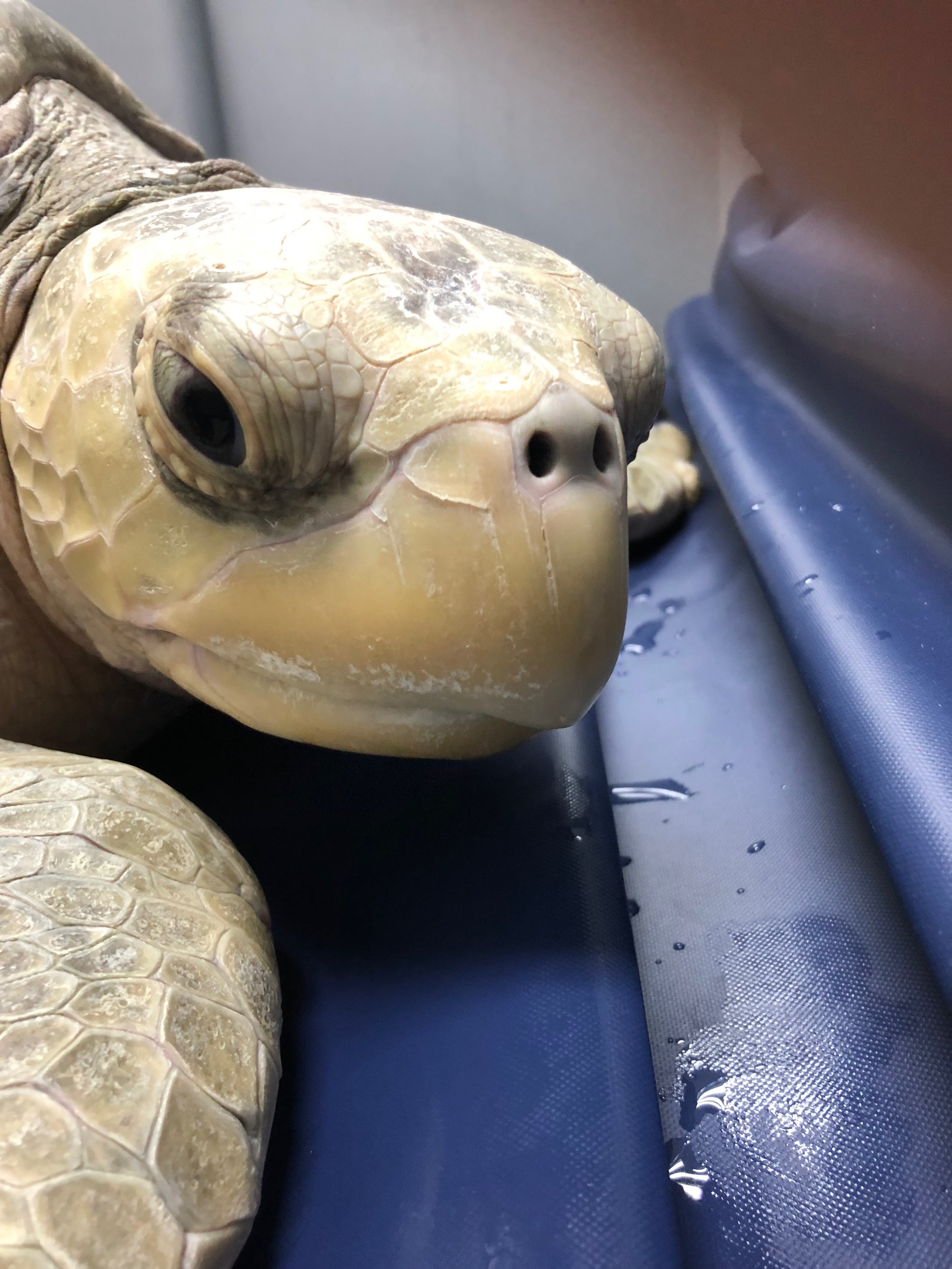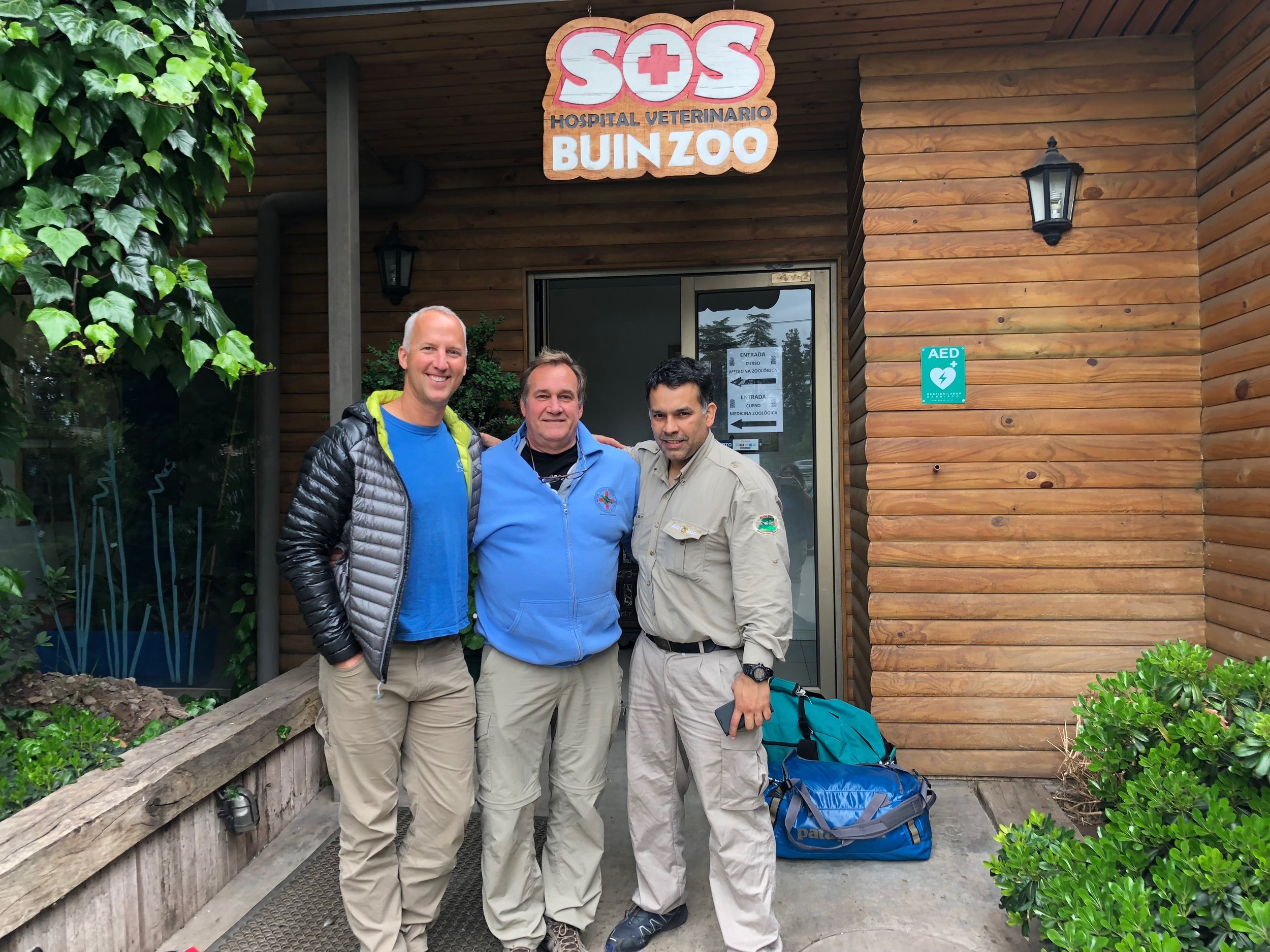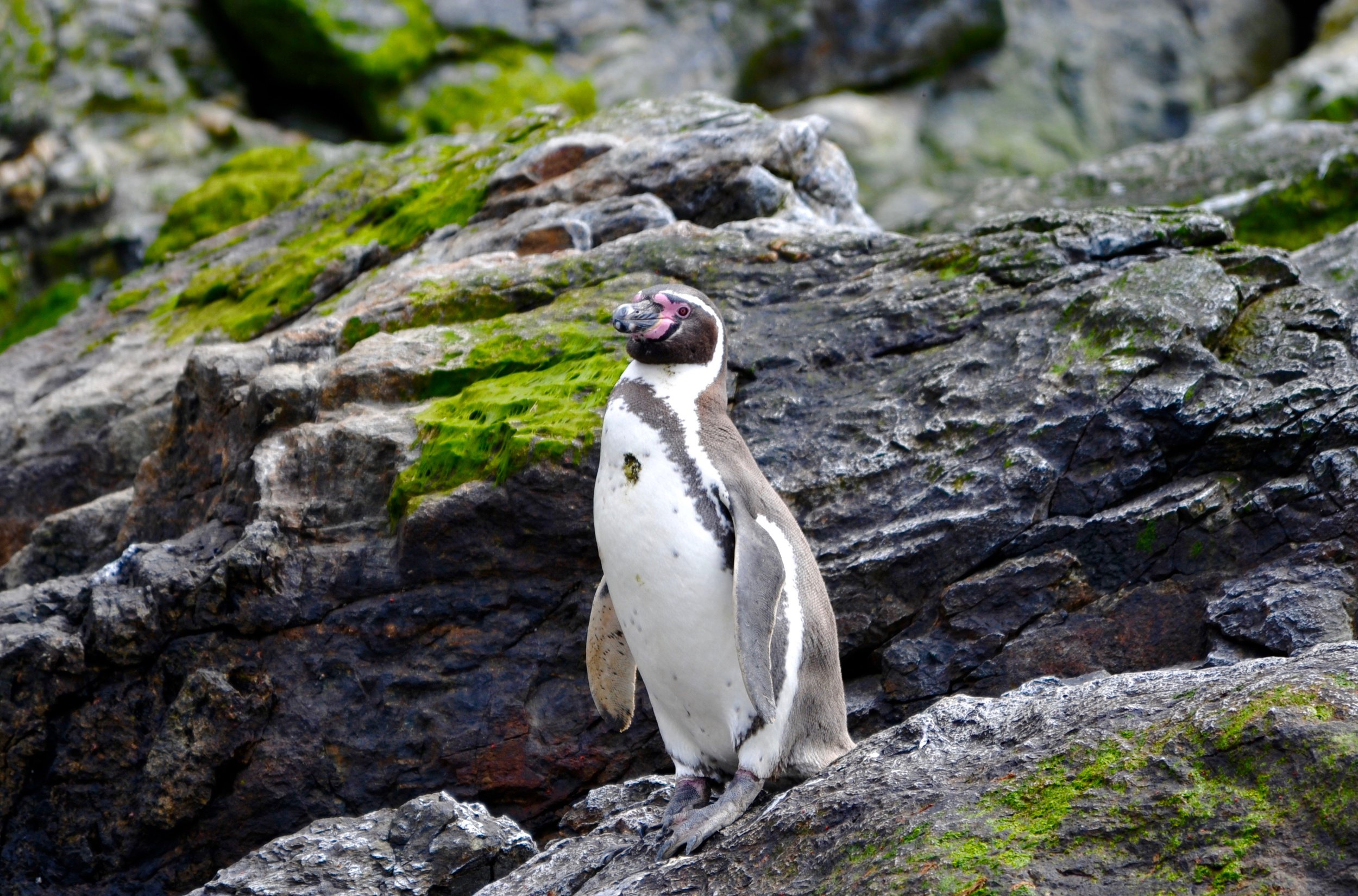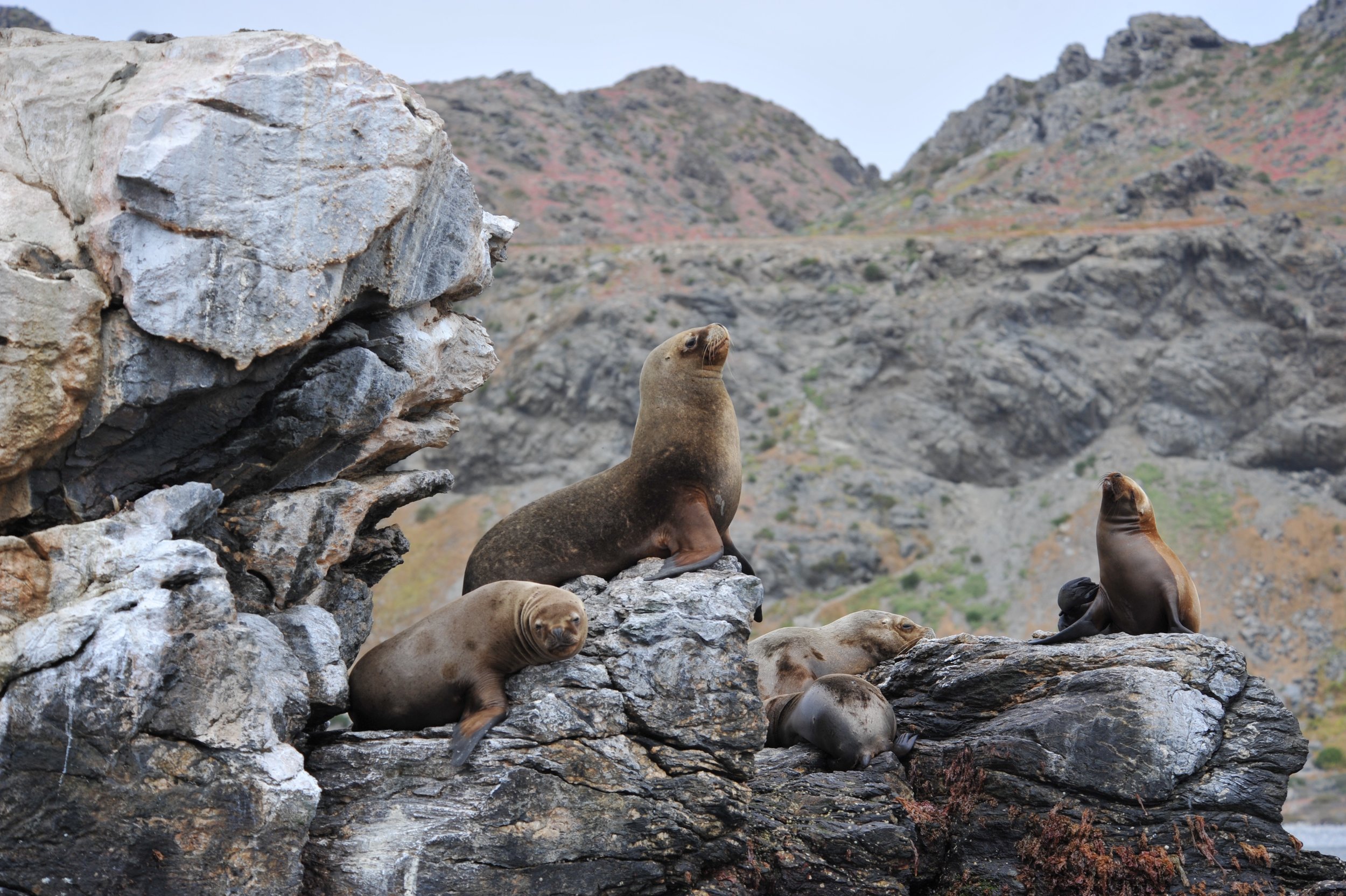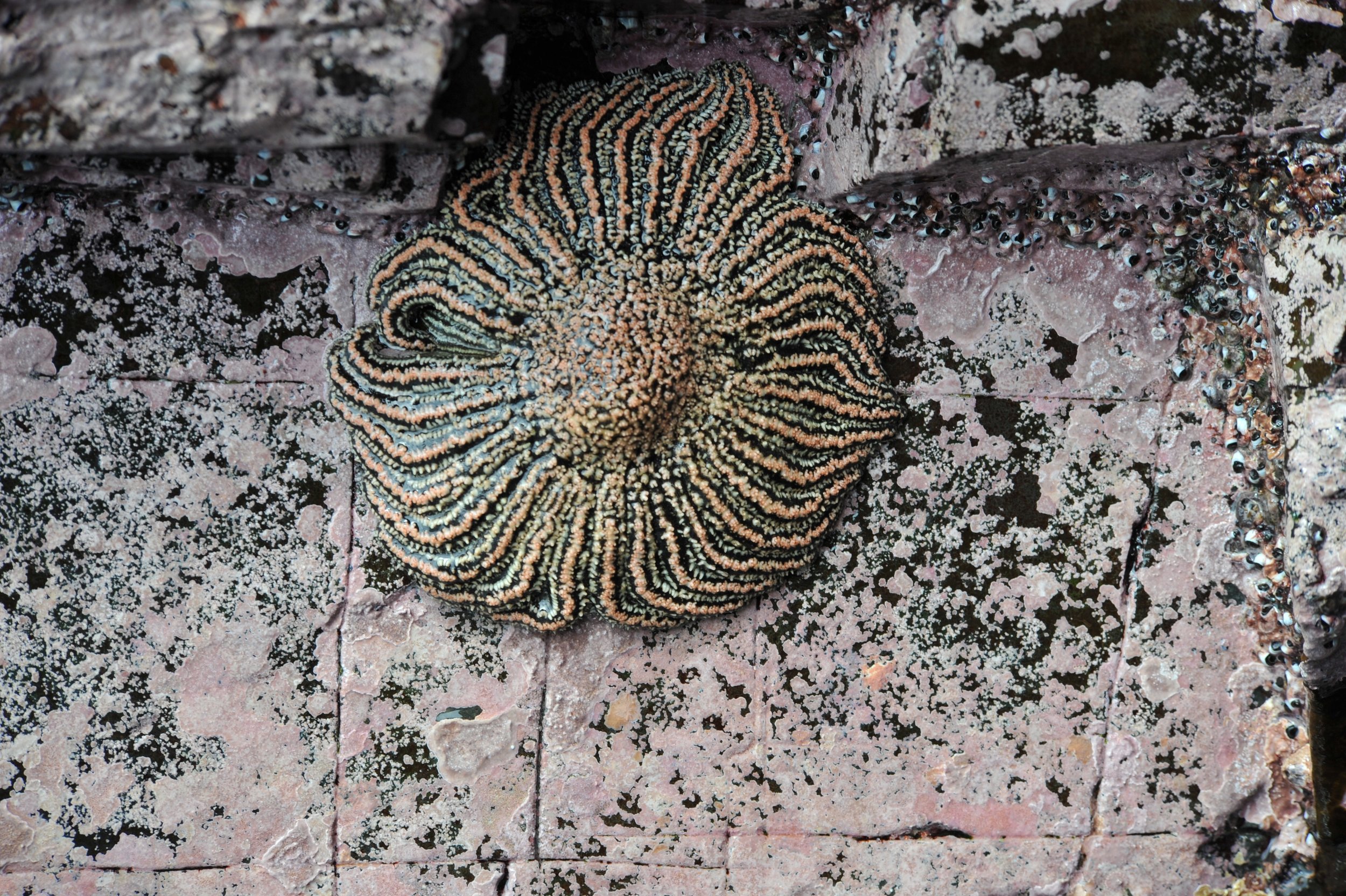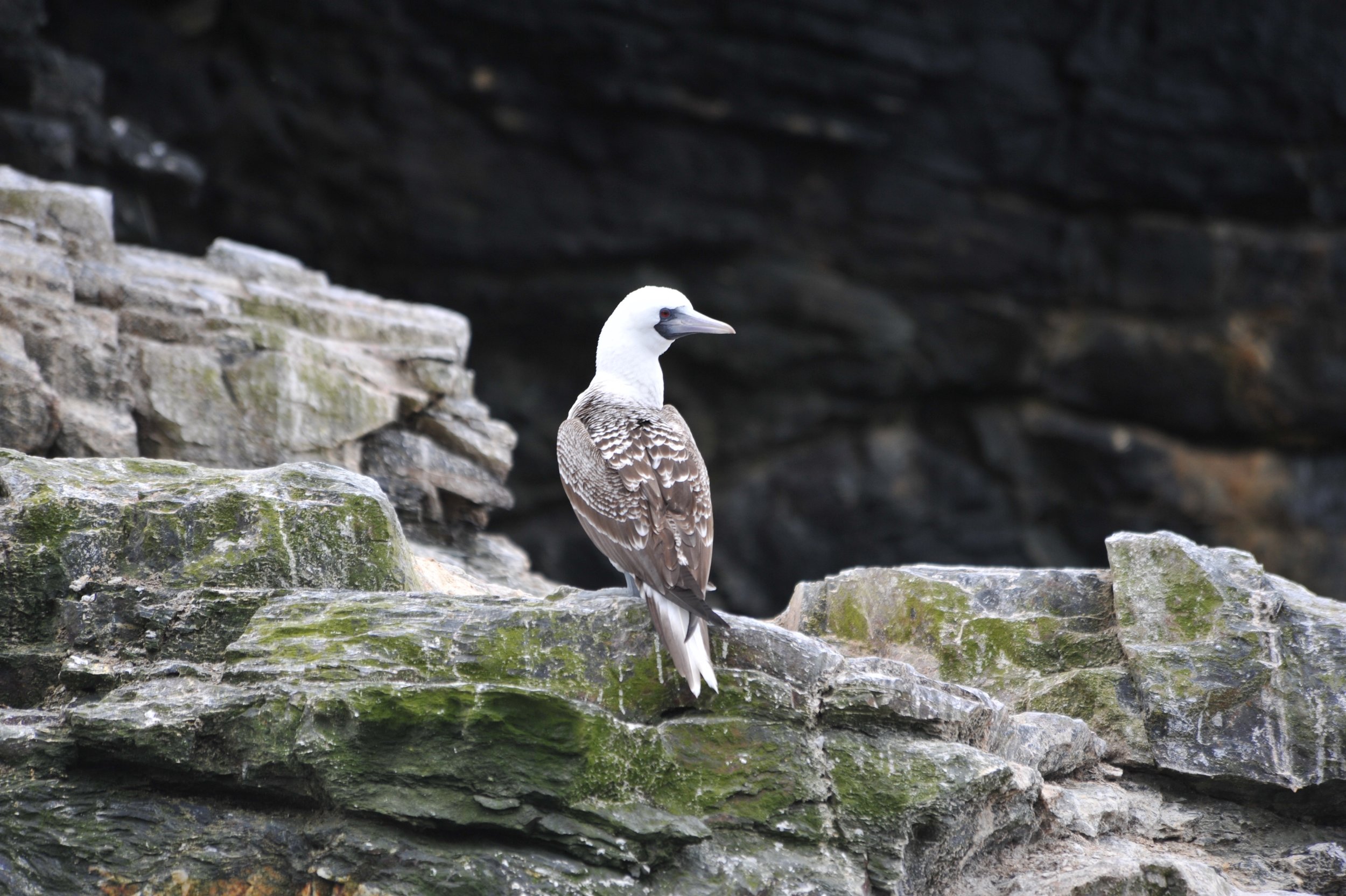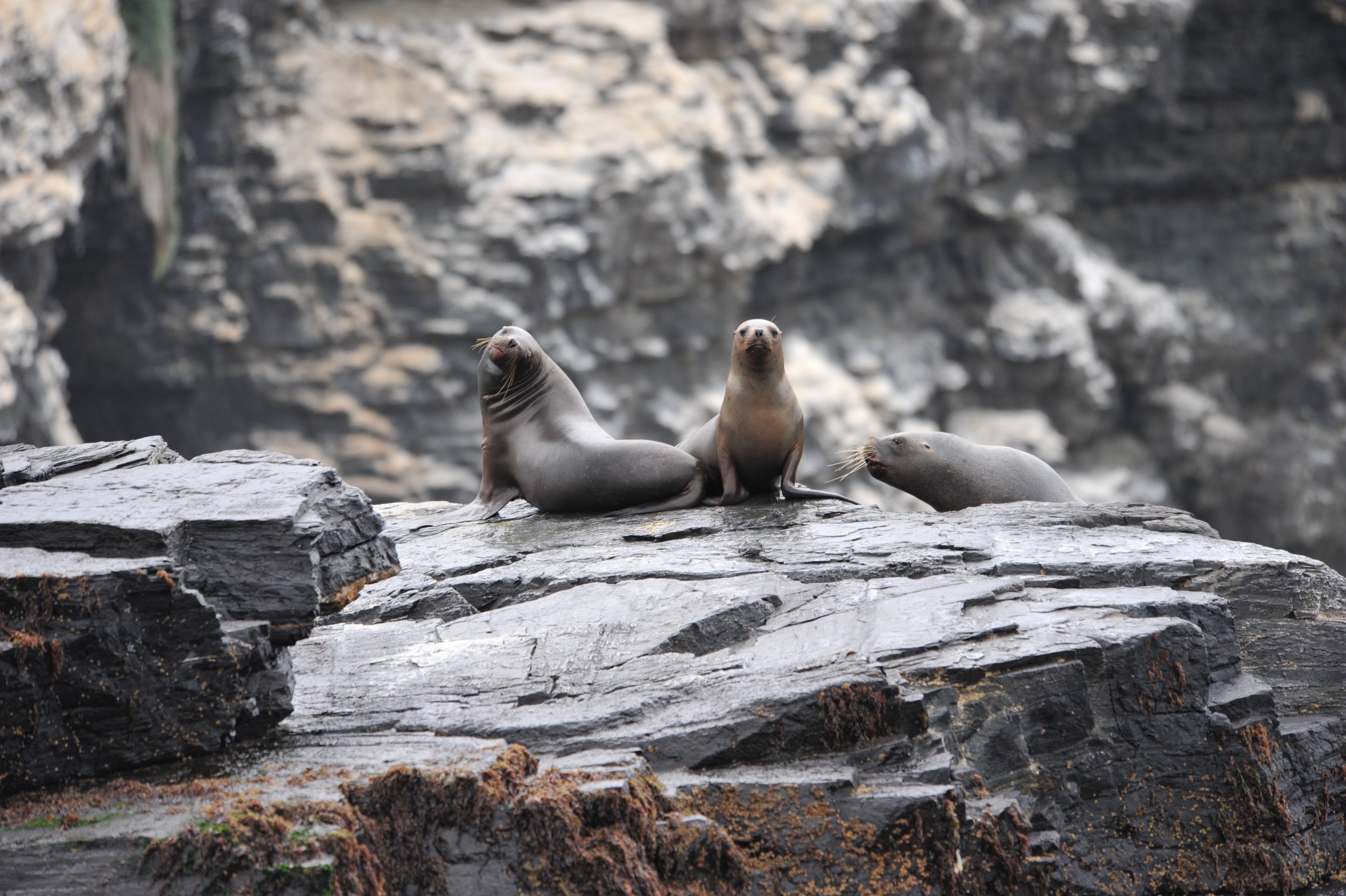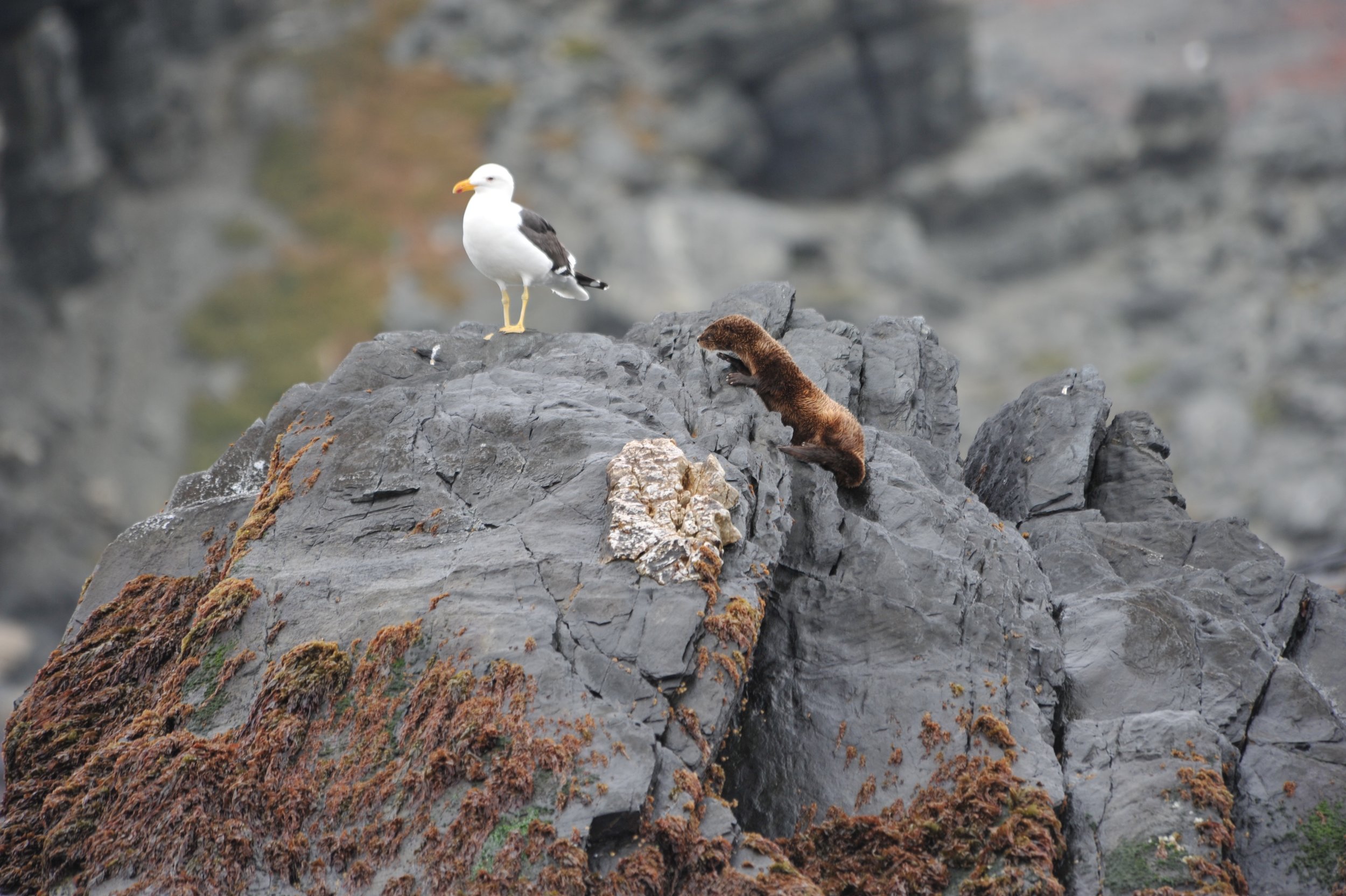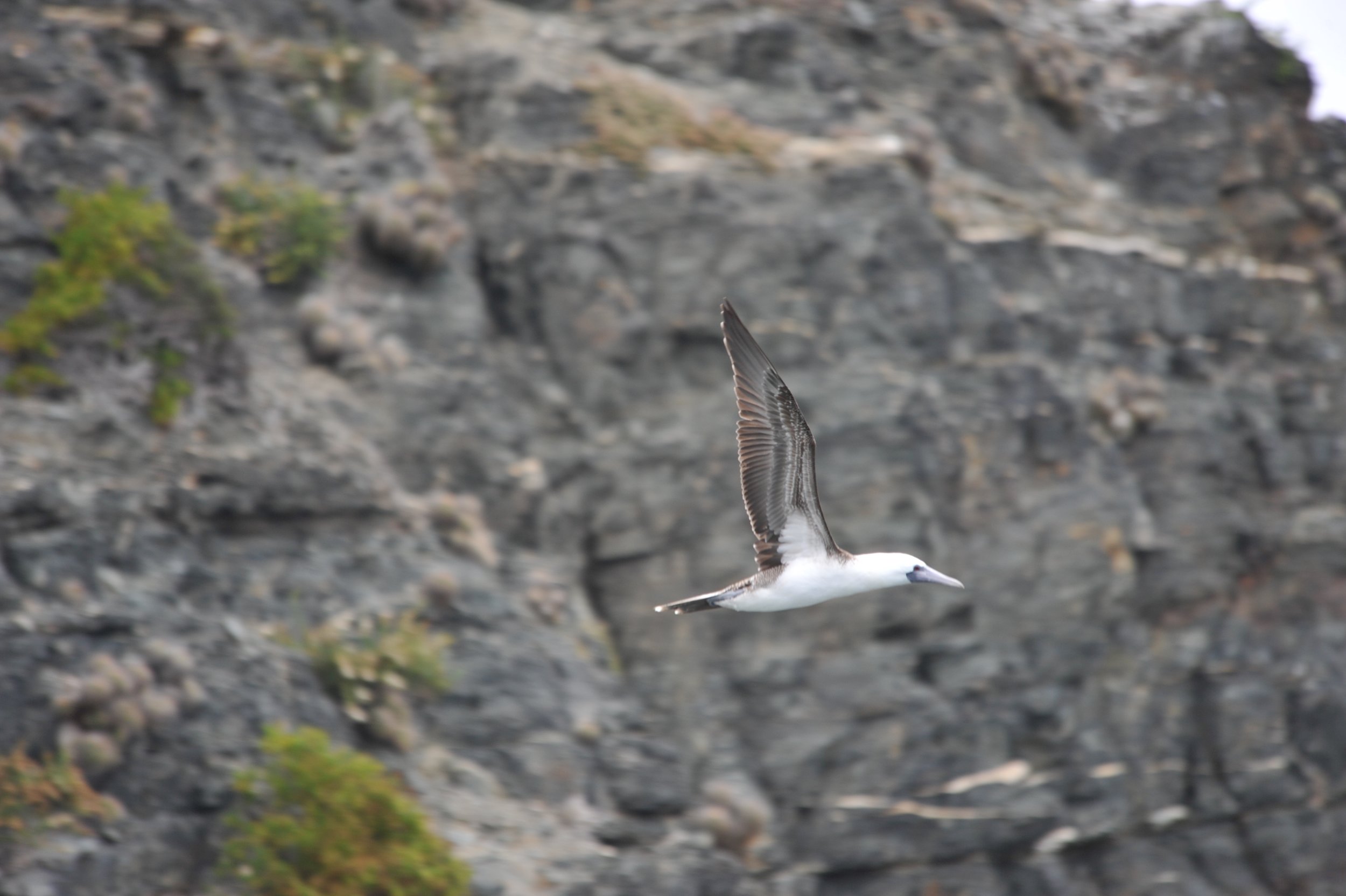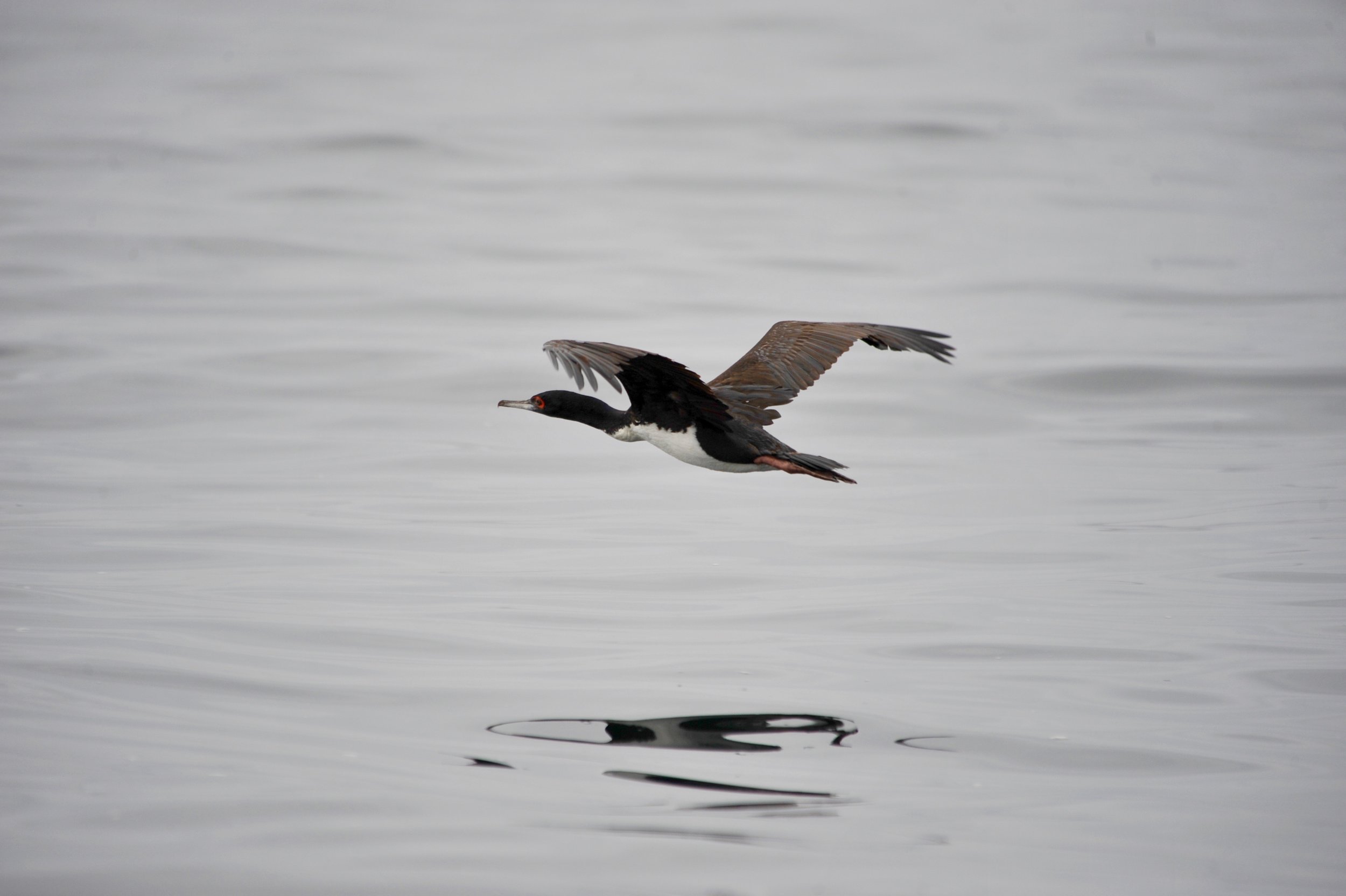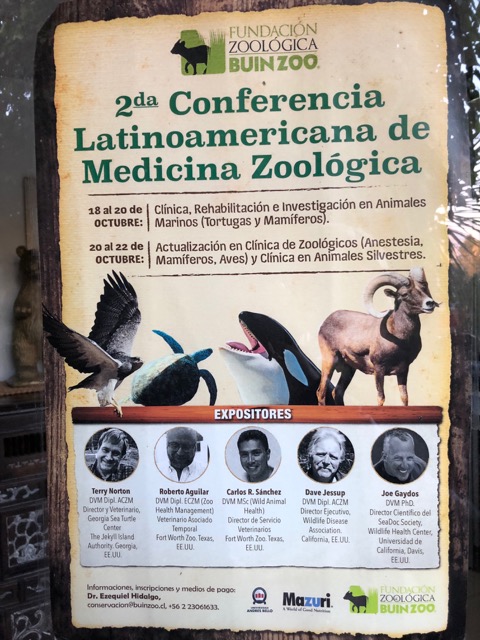SeaDoc is focused on improving the health of marine wildlife in the Salish Sea, but occasionally we’re called up to train experts in other parts of the world. Last month, Wildlife Veterinarian and SeaDoc Science Director Joe Gaydos went to Chile to help train nearly 90 wildlife veterinarians on new advances in conservation medicine.
At a large conference that included lectures and hands-on labs, Joe and Dr. Terry Norton, a sea turtle expert from the Georgia Sea Turtle Center, spent multiple days training an inspiring group of young veterinarians from all over South America. When we asked him about it, Joe said he was, “humbled by the group and their commitment to conservation. They were smart, energetic, and soaked up new information like sponges. They’re leading the charge for marine conservation in South America.”
Joe and Terry spent the long weekend before the workshop exploring the Humboldt Penguin Reserve on Chile’s north coast. “The coast was wild, the views spectacular, and the wildlife amazing, but the islands that make up the Humboldt Penguin Reserve are not without threats. It made me happy to know there are so many dedicated wildlife veterinarians working to save such places.”
While Gaydos was discussing his work with one man in Chile (pictured), he mentioned that he works for an organization called SeaDoc, like Sea Doctors. “He got the biggest smile,” Gaydos said. “ He looked at me and said, ‘oh yes, because our ocean is sick.’ I just loved that! He’s part of the cadre of up and coming ocean advocates that I met down there - very inspiring!”
Check out some photos from the trip:



